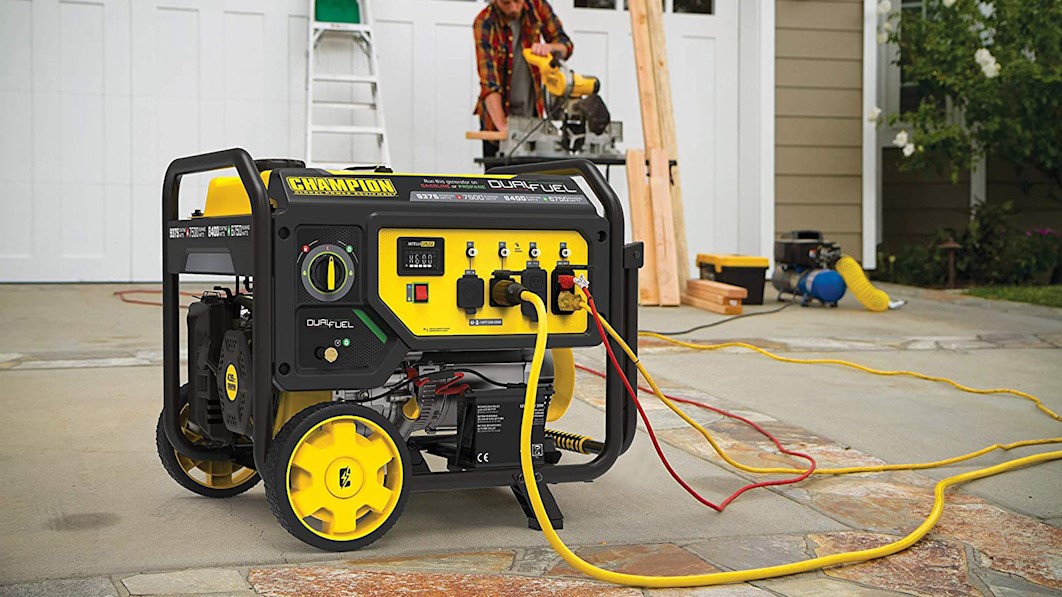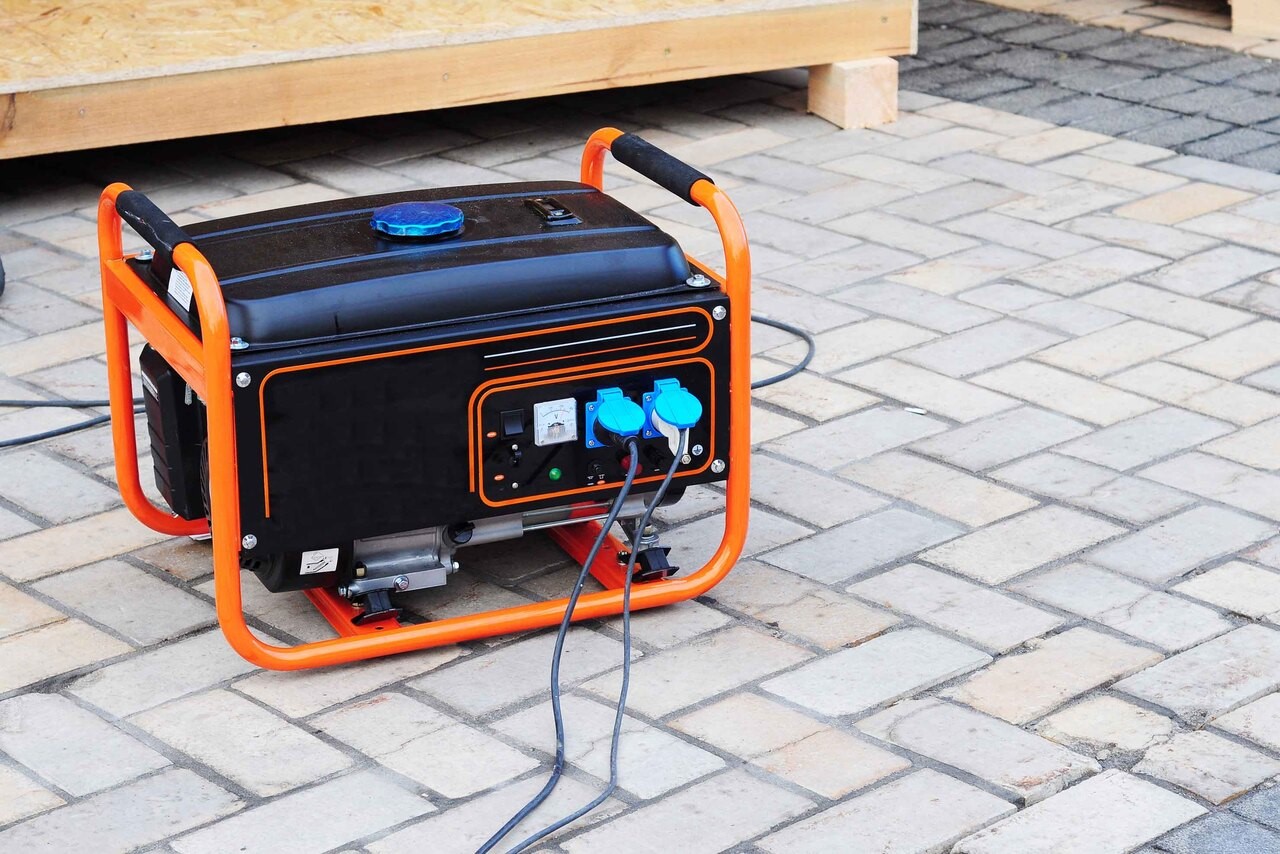8 Safety Tips For Using A Generator During A Power Outage
What do you do when the power goes out? If you have a generator, one option is to use it. Generators are great for powering your lights, refrigerator, and other appliances during a power outage. But they can also pose some safety risks if not handled properly. Also, if you have a pool, you can use salt chlorine generators to help you maintain it.
So, we will share 8 tips that will help keep you safe while using a generator during an outage!
How to be Safe While Using a Generator
Using a generator during a power outage is a great way to get the power back on quickly and safely. However, you must take precautions before using your generator during an outage because it can be dangerous if not used properly.
Here are some safety tips for using a generator:
1. Read the Manual
The best way to stay safe when using a generator is to read the manual. This will give you specific instructions on how to use the generator safely. There may be safety features that you are not aware of, so it is important to know what they are and how to use them.
2. Isolate Your Backup Generator
If you are using a portable generator to power sensitive electronic equipment, take the time to ensure that it is properly isolated. This means that your backup generator will not be running on the same circuit as appliances like refrigerators and air conditioners (which can produce surges). To isolate your backup generator from other circuits, install a transfer switch.
The transfer switch will allow you to power the appliances on a separate circuit from your backup generator, preventing dangerous voltage irregularities and potential electrical fires as well as preserving the life of your sensitive electronic devices.
3. Do Not Backfeed
If you are not using a transfer switch, or simply plug the generator into an outlet, you will most likely experience a reverse power flow. This means that your generator will send a flow of power back into the grid. It is extremely dangerous to do this, and you could be injured or killed if it is done improperly.
4. Do Not Run Indoors or in Partially Enclosed Spaces
Generators produce deadly carbon monoxide gas. Do not run the generator indoors or in any partially enclosed space, such as a garage. Make sure the generator is placed outdoors in an open area away from doors, windows, and vents that could allow CO gas to enter your home.
For the same reason, do not run a generator in your vehicle. Carbon monoxide can build up and poison you even while running the engine outside of your home or garage.
5. Keep an Eye on Your Fuel Usage
Make sure you monitor your fuel usage, so you don’t run out of gas in the middle of a power outage. A good way to do this is to keep track of how long the generator runs for each tank of gas. That way, you’ll know when it’s time to refill the gas tank.
6. Practice Good Power Management
Use your appliances sparingly. Only use items you need to get through the power outage, like a refrigerator or freezer (not both), and only run them on the half capacity for maximum efficiency. It’s also recommended not to turn anything off completely; instead, let it run at its minimum setting if time allows before needing it again.
7. Understand Your Power
Understand what you are powering up before connecting or operating the generator. Make sure that any power cords are in good condition, and don’t overload them by running too many at once through one cord.
When it comes to generator selection, bigger is not always better. It’s best for homes with an electric furnace and central air conditioning to purchase a generator that meets or exceeds the wattage of those appliances.
8. Maintain a Safe Distance from the Generator
Don’t operate your generator inside of any closed-in areas such as garages, sheds, or carports. Keep a minimum of 20 ft away from windows and doors to avoid carbon monoxide poisoning. Also keep at least 30ft away from air intakes for furnaces, generators, wood stoves, and other heat-producing appliances.
Conclusion
Generators provide a valuable service when the power goes out, but it’s important to use them safely. By following these safety tips, you can ensure that your generator provides the assistance you need during a power outage without putting yourself or others in danger. Stay safe and stay powered!


Thank you for your advice when you told us to properly isolate our portable generator by avoiding running it on the same circuit as other appliances to avoid surges. My brother is opening a welding shop for business soon, and he’s thinking of buying a power generator for it as well. I’ll be sure to remind him of this while he’s still looking for an industrial supplier to contact for equipment delivery soon.